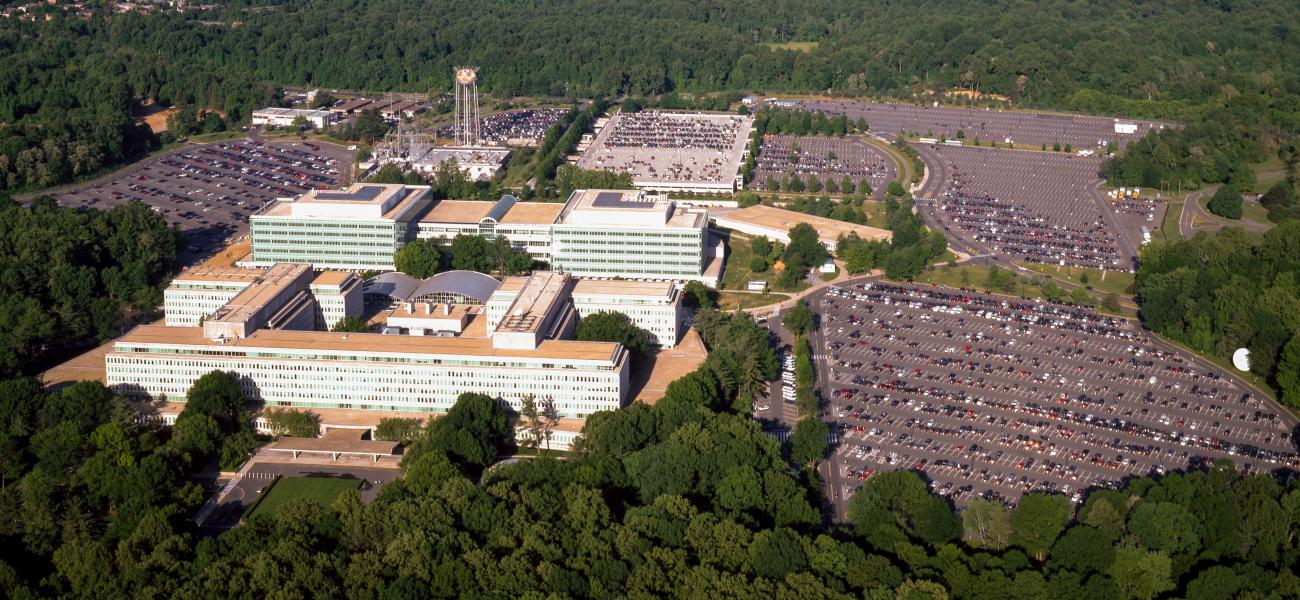In the Thick of It
A blog on the U.S.-Russia relationship
CIA Chief Outlines 4 Areas of Strategic Importance, Russia's War in Ukraine Among Them
CIA director William Burns has described today's geopolitical competition, like the collapse of the Soviet Union more than 30 years ago, as "another of those plastic moments in history, another of those times of transformation that comes along a couple of times a century." In this case, we see an ascendant China and a "fading" but ambitious Russia challenging the United States' "position at the head of the table," which is by no means guaranteed. Speaking at Rice University on April 11, 2023, Burns showcased his agency’s achievements — from predicting the invasion of Ukraine to assessing China’s Taiwan plans and technological advancement. In the speech, he outlined four areas of long-term strategic importance for the CIA — and, by extension, for the United States.:
- The war in Ukraine and its profound implications for the international order;
- U.S. strategic competition with China, from technological innovation to deterrence;
- Transnational threats like climate change, energy security and global food and health security;
- And the intelligence community’s adaptability to the changing environment.
Key points:
1. The U.S. is concerned about how the war in Ukraine will impact "the longer-term norm … that big countries ... don't get to swallow up smaller countries just because they think they can," Burns said in response to questions. "Putin was profoundly mistaken in his assumptions about the war," he said in prepared remarks. "But Putin is not someone who readily concedes bad judgments. Instead of backing down, he has doubled down. His bet is that he can grind down the Ukrainians and wear down the West. … I think that Putin is as wrong in that bet as he was in his assumptions before his invasion. … [O]ur assessment is that Putin is not serious about negotiations at this stage. It is Ukrainian progress on the battlefield that is most likely to shape prospects for diplomacy… That will come with inevitable escalatory risks and more nuclear saber-rattling. We cannot afford to take that lightly, but we also cannot be intimidated by it."
2. "My biggest long-term priority," Burns said, is "the People's Republic of China." Managing that crucial and increasingly adversarial relationship "will be the most significant test for American policymakers for decades to come," he added, both in terms of competing successfully and avoiding conflict. As a reflection of that priority, a year and a half ago the CIA "set up a new mission center focused exclusively on China" — the agency's only such center to work on a single country. The CIA has also worked to double the resources focused on the PRC, hiring and training more Mandarin speakers and stepping up efforts to compete with Beijing globally. And, "as President Xi's recent trip to Moscow reminds us," Burns said, "ties between China and Russia will be a formidable challenge even if Putin's Russia is a more and more dependent junior partner."
3. “Climate change, energy security and mass migration of people and global food and health insecurity… [are] going to shape the future of our planet.” These problems are “without passports… [and] sweep well beyond the grasp of individual nation-states.” Burns argues such challenges set the existing “geopolitical table scene apart … [and] are shaking the ground below.”
4. The CIA “[is] adjusting quickly to that new world and transforming [its] approach and the tools” it uses. The agency is working on “transforming … tradecraft and technologies in an era of ubiquitous technical surveillance, which fundamentally challenges” the way the CIA operates. To adapt to changing realities, the agency has partnered with academic institutions and tech startups to establish labs focusing on critical emerging research areas like advanced communications technologies, quantum computing, biotechnology, machine learning and robotics. It has also created options for personnel wishing to take a hiatus from government work and dabble in the private sector, which Burns said will strengthen the agency by enabling its people to gain expertise in core technological areas.
Why it matters: Russia’s war against Ukraine has had a disrupting impact on the already fragile global order. It has threatened the national security interests of America’s European allies while also driving Russia closer to China, fueling Beijing’s capacity to challenge the U.S. role in the global order. This competition radiates out through the international system, incentivizing regional powers to think about picking sides and to hedge their bets. China, no longer satisfied with peer status, wants to “run the table,” as Burns said. Its technological advancement, foreign economic projects and coercive diplomacy will continue to be key to this effort. The U.S. must adapt to the changing global dynamics, further complicated by challenges with no borders like climate change and energy security.
Photo by Carol M. Highsmith, obtained via the Public Domain.
